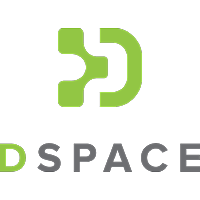About
Launched:
2002
Record Updated:
Nov 26, 2025
Repository software
DSpace is a web application, allowing researchers and scholars to publish documents and data. While DSpace shares some feature overlap with content management systems and document management systems, the DSpace repository software serves a specific need as a digital archives system, focused on the long-term storage, access and preservation of digital content thus making DSpace the software of choice for academic, non-profit, and commercial organizations building open digital repositories. It is free and easy to install “out of the box” and completely customizable to fit the needs of any organization.
